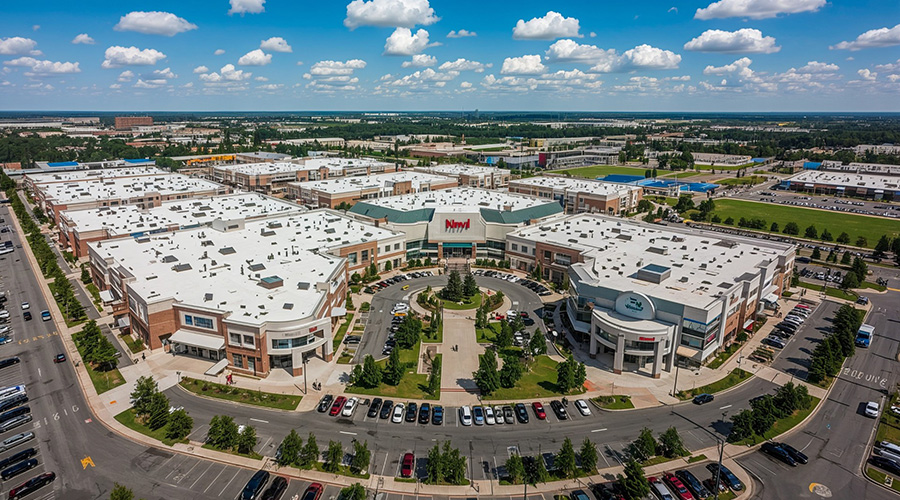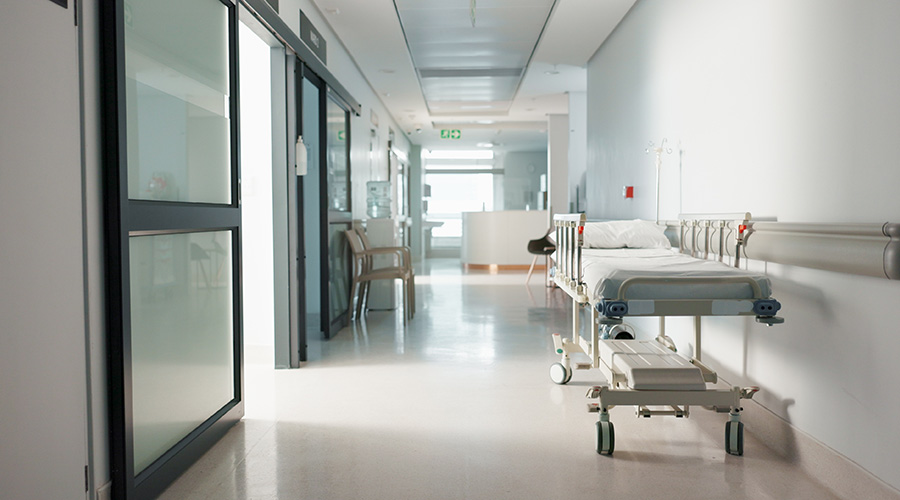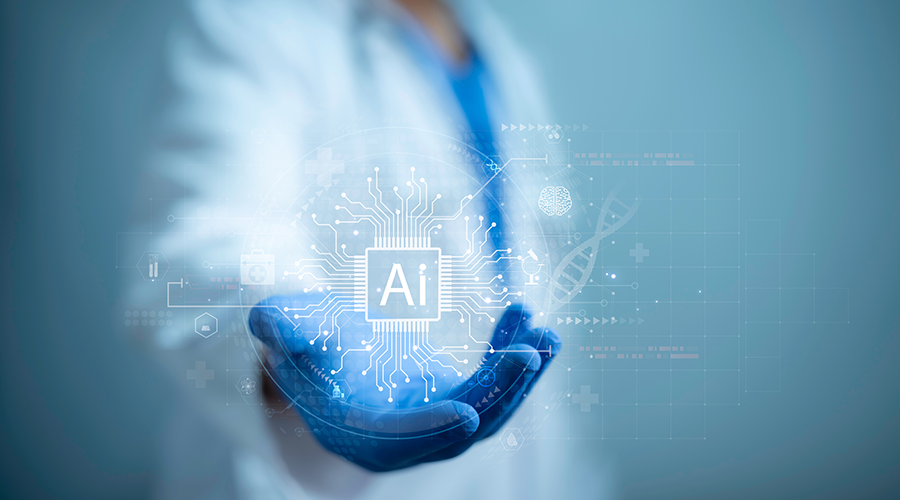Healthcare facilities such as hospitals and clinics are increasingly reliant on technology. Technology in hospitals ranges from improved use of laparoscopic, minimally invasive procedures by surgeons to the use of mobile tracking and monitoring health devices by patients.
Medical computers are another area of technology that is becoming more commonplace in hospitals. You may already know some of their benefits, such as their ability to store, access and share patient data. Medical computers are specially designed for healthcare settings, making them more convenient for healthcare providers to use.
However, how do medical computers affect the most important part of healthcare? That is, how do they affect patients? Medical computers can have a positive impact on patients for many reasons, including the following:
Patient wait time is reduced
One of the complaints patients are likely to give when describing the healthcare system is the amount of time they spend waiting. When they have an appointment for an exam or routine procedure, they can spend minutes or hours in the waiting room waiting for a nurse to check them in, or in the exam room waiting for the doctor to appear. With medical computers, these delays can be shorter due to quicker data entry and more efficient procedures.
Another way medical computers can reduce patient wait time is because of the increased accessibility of doctors, particularly specialists. Rather than wait months for a specialist to be available for an in-person appointment, primary care doctors may be able to hop on a conference call with a specialist, with or without the patient present, in a matter of days or even hours.
Patients suffer from fewer mistakes
When the medical team makes errors, patients suffer. Paper patient records are a recipe for disaster, while the use of medical computers can help prevent costly and dangerous mistakes. First, maintaining electronic health records allows all patient data to be stored, so medical history is not lost and information from different providers is visible in a single record.
Second, medical computers can run programs that check patient data against doctor’s prescriptions and care plans. Accessing and analyzing all of the patient’s information by shuffling through stacks of paper records would be nearly impossible, but medical computers quickly check for errors, such as potential drug interactions or inconsistent treatment.
In one example, the use of a particular knowledge based hospital information system known as “HELP” led to detection of 60 times as many potential dangerous medicine interactions as in a similar hospital that did not use the system. Over 18 months, this affected 648 patients and prevented over 600 moderate to severe interactions.
Patients can be at lower risk for hospital-acquired infections.
A sanitary environment in hospitals and clinics is absolutely essential for lowering the risk of infections — and medical computers have numerous features that promote proper hygiene:
• Fully sealed enclosures to allow for cleansing with sanitizers.
• Fanless enclosures to prevent buildup of dust and a place for pathogens to grow.
• Anti-bacterial coating on monitors and keyboards so doctors or patients who touch them do not spread germs.
Patients have a better healthcare experience
Overall, medical computers can promote a better healthcare experience. Touchscreens let doctors easily enter data and read information without taking much attention away from patients. They can be small and portable, so they do not dominate an exam room. Plus, having the information at hand without repeatedly needing to enter it gives patients confidence in their providers.
Patients may be able to pay lower costs
Medical computers can help hospitals and, in turn, patients, lower costs. Going paperless saves money on paper, printing and postage. In addition, medical computers can support increased efficiency. They can help prevent doctors from ordering unnecessary tests, as evidenced in one study which found use of medical computers during outpatient visits to be associated with 14 percent fewer tests ordered per patient.
Patients may receive better care
Time is of the essence for many medical conditions, and medical computers can speed the process of initiating treatment. Lab tests can be released more quickly so doctors can make quick decisions about ordering further tests and determining the best course of treatment. That’s because medical computers can be set up on a network to be able to access all necessary information, while still complying with the federal Health Insurance Portability and Accountability Act of 1996 (HIPAA) privacy laws.
In addition, medical computers with Digital Imaging and Communications in Medicine (DICOM) viewers enable doctors to view and interpret radiological images more quickly. Rather than waiting for a specific computer to be available to see and handle the images, they can view and edit them from any device on the network, thus letting diagnosis and treatment proceed more quickly.
Furthermore, patients can be more involved in their own healthcare because of email communications through healthcare systems that take advantage of medical computers. Finally, medical computers can provide access to large databases that allow physicians to predict trends in disease and provide preventive care or prepare for care.
Shira Sagal is the content manager for Teguar Computers.
Sources:
http://www.businessinsider.com/6-ways-technology-is-improving-healthcare-2010-12#
http://www.unc.edu/~kmonsalv/comp101/project1/

 Healthcare Is the New Retail
Healthcare Is the New Retail Bridgeway Behavioral Health Services Launches Campaign to Renovate Health Center
Bridgeway Behavioral Health Services Launches Campaign to Renovate Health Center Ground Broken for New North Dakota State Hospital
Ground Broken for New North Dakota State Hospital AI Usage for Healthcare Facilities
AI Usage for Healthcare Facilities Ground Broken on Pelican Valley Senior Living Modernization Project
Ground Broken on Pelican Valley Senior Living Modernization Project